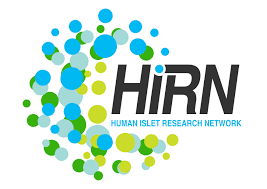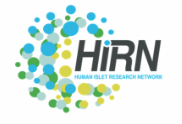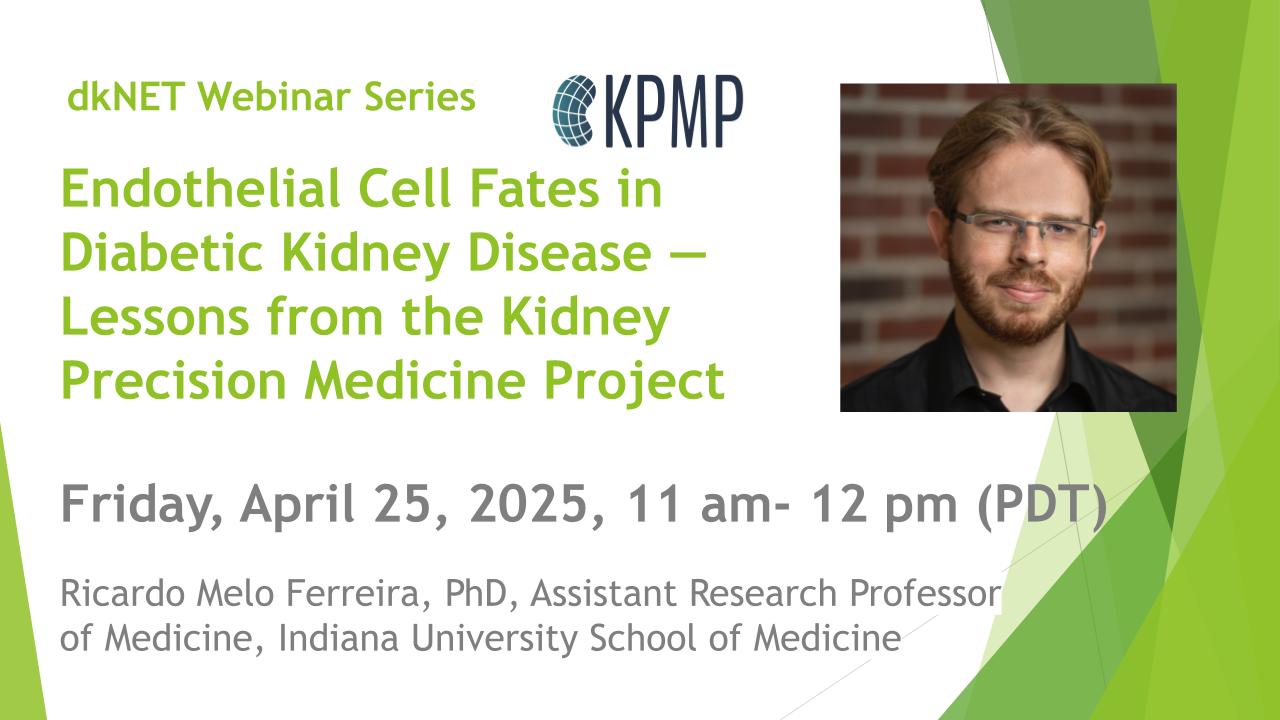Leaving Community
Are you sure you want to leave this community? Leaving the community will revoke any permissions you have been granted in this community.
NIH Funding Opportunity: Pilot Projects Enhancing Utility and Usage of Common Fund Data Sets (R03 Clinical Trial Not Allowed)
Here is the information from the NIH Common Fund:
" The Common Fund Data Ecosystem (CFDE) program has announced a new funding opportunity (
RFA-RM-23-003) seeking applications for pilot studies that use Common Fund program data sets to generate new, cross-cutting biological hypotheses and improve the utility of Common Fund data.
The goals of this funding opportunity announcement (RFA-RM-23-003) are to 1) promote the use of Common Fund data sets by supporting pilot studies based on analyses across two or more Common Fund program data sets; 2) enhance the utility of existing Common Fund data sets by developing workflows, analytic and simulation tools which will enable simultaneous analysis of multiple Common Fund data sets; and 3) demonstrate the added value of integrating multiple Common Fund data resources in addressing biomedical research questions.
Funding Opportunity Announcement
Eligible Common Fund Program Data Sets
4D Nucleome (4DN) (https://www.4dnucleome.org/)
: Reference nucleomics and imaging data sets, including an expanding tool set for open data processing and visualization
- Extracellular RNA Communication (exRNA) (https://exrna.org/): Catalog of exRNA molecules found in human biofluids like plasma, saliva, and urine; and potential exRNA biomarkers for diseases
- Gabriella First Kids First (KF) (https://kidsfirstdrc.org/): Data from whole-genome sequencing of cohorts with structural birth defects and/or susceptibility to childhood cancer, with associated phenotypic and clinical data
- Genotype-Tissue Expression (GTEx) (https://www.gtexportal.org/home/): Whole genome- and RNA sequence data from multiple human tissues to study tissue-specific gene expression and regulation, including tissue samples
- Glycoscience (GL) (https://glygen.org/): A data integration and dissemination project for carbohydrate and glycoconjugate related data
- Human BioMolecular Atlas Program (HuBMAP) (https://hubmapconsortium.org/): An open and global platform to map healthy cells in the human body to determine how the relationships between cells can affect the health of an individual
- Illuminating the Druggable Genome (IDG) (https://druggablegenome.net/): Data on understudied druggable proteins, including mRNA and protein expression data, phenotype associations, bioactivity data, drug target interactions, disease links, and functional information
- Integrated Human Microbiome Project (iHMP) (https://hmpdacc.org/ihmp/): Microbiome, epigenomic, metabolomic, and phenotypic data for 3 cohorts
- Knockout Mouse Phenotyping Program (KOMP2) (http://www.mousephenotype.org/): Data from broad, standardized phenotyping of a genome-wide collection of mouse knockouts
- Library of Integrated Network-based Cellular Signatures (LINCS) (http://lincsproject.org/): Molecular signatures that describe how different types of cells respond to a variety of agents that disrupt normal cellular function
- Metabolomics Workbench (https://www.metabolomicsworkbench.org/): Metabolomics data and metadata from studies on cells, tissues, and organisms
- Molecular Transducers of Physical Activity in Humans (MoTrPAC) (https://motrpac-data.org/data-access): Data contain assay-specific results, associated metadata, quality control reports, and animal phenotype data related to molecular transducers that underlie the effects of physical activity
- Stimulating Peripheral Activity to Relieve Conditions (SPARC) (https://sparc.science/): Maps and tools to identify and influence therapeutic targets that exist within the neural circuitry of a wide range of organs and tissues
A note for ESIs: R21s, R03s or K awards do not impact your New Investigator status.
Important Dates
Applications are due February 3, 2023, by 5:00 PM local time of the applicant organization.
Find answers to Frequently Asked Questions (FAQs) and learn more on the Enhancing the Use of Common Fund Data website. You can contact the CFDE team at CFDE@od.nih.gov with any additional questions. "
Source and More Information: https://grants.nih.gov/grants/guide/rfa-files/RFA-RM-23-003.html






